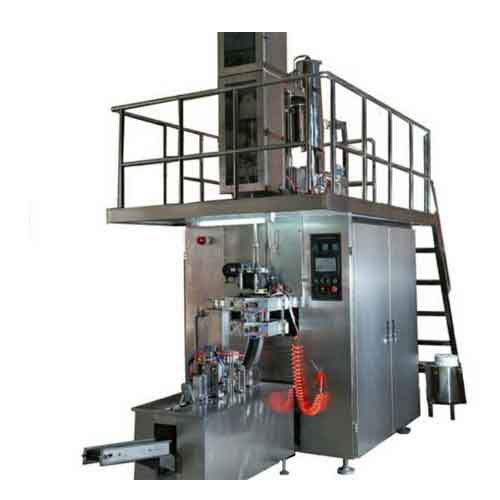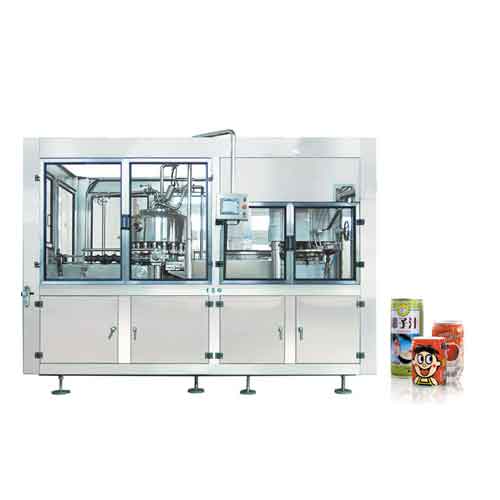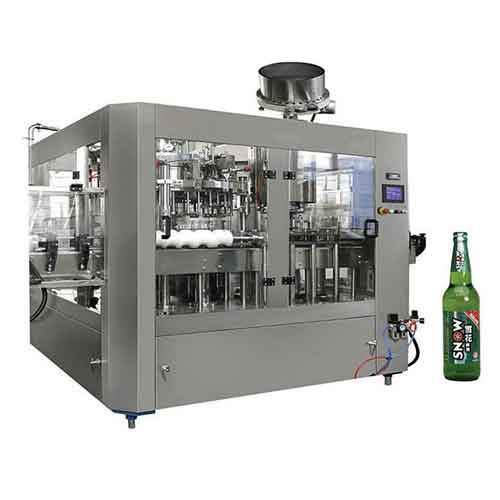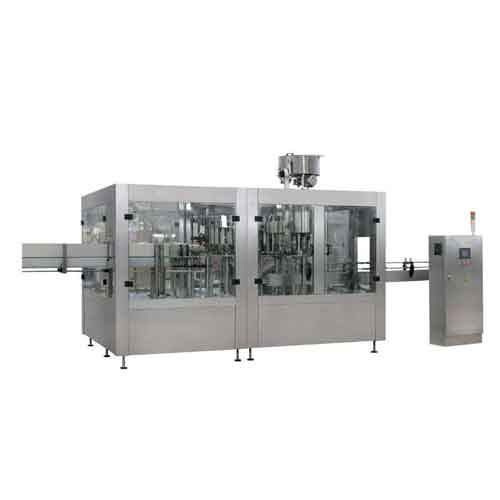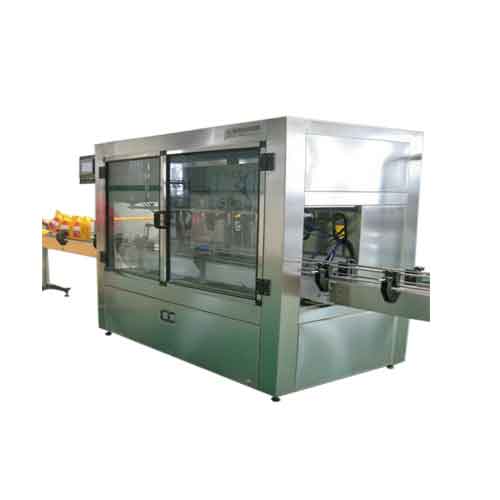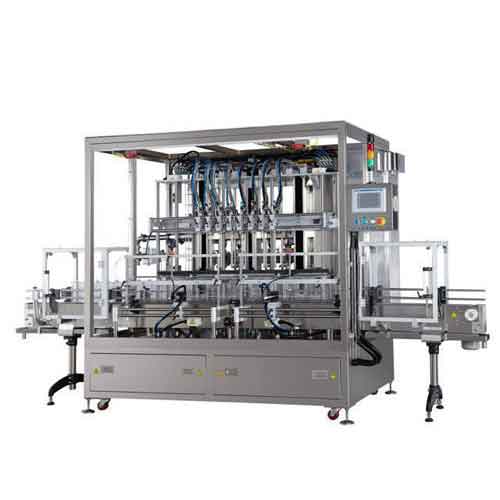Good equipment maintenance is crucial for ensuring smooth production operations. As a professional engaged in food machinery for a long time, it is recommended to do the following well in the maintenance of olive oil production equipment:
1. Daily Maintenance Tasks:
Inspect for Wear and Tear: Conduct a visual check of all equipment components for signs of wear, corrosion, or damage.
Clean Equipment Surfaces: Wipe down equipment surfaces to remove any residue, ensuring a clean and sanitary production environment.
Check Lubrication Points: Ensure that all designated lubrication points are adequately oiled to prevent friction and wear.
2. Weekly Maintenance Tasks:
Tighten Mechanical Connections: Inspect and tighten any loose bolts, nuts, or fasteners to prevent vibration-related issues.
Monitor Safety Features: Test emergency stop systems and safety guards to ensure they function properly.
3. Monthly Maintenance Tasks:
Inspect Electrical Connections: Check for loose wires or signs of wear in the electrical system. Address any issues promptly.
Verify Calibration: Calibrate sensors, controls, and measuring devices to maintain accurate operation.
4. Quarterly Maintenance Tasks:
Check for Alignment: Verify that all equipment components remain properly aligned to prevent undue stress and wear.
Inspect Filters and Screens: Clean or replace filters and screens as needed to ensure optimal performance.
5. Bi-Annual Maintenance Tasks:
Verify Temperature and Pressure Controls: Calibrate and verify the accuracy of temperature and pressure controls.
Inspect Belts and Chains: Check for wear and proper tension in belts and chains, replacing them if necessary.
6. Annual Maintenance Tasks:
Perform Full System Inspection: Conduct a thorough examination of the entire production line, identifying any areas that require repairs or replacement.
Replace Seals and Gaskets: Inspect and replace seals and gaskets to prevent leakage and ensure airtight operation.
7. Scheduled Professional Maintenance:
Engage Certified Technicians: Schedule regular visits from certified technicians for in-depth inspections and servicing.
8. Documenting Maintenance Activities:
Maintain Records: Keep detailed records of all maintenance activities, including dates, tasks performed, and any parts replaced.
Adhering to this maintenance plan will help ensure the reliable and efficient operation of your olive oil production line. Regular, systematic maintenance minimizes downtime, reduces the risk of unexpected failures, and extends the lifespan of your equipment. Remember, a well-maintained production line is the key to consistently producing high-quality olive oil.
Our company has been engaged in food machinery customization services since its establishment in 2014, according to customer needs for you to tailor suitable machinery and equipment, for more product information, please refer to: https://www.hnunmachinery.com/product/;Our expertise and advantages will bring you more opportunities and development space.
For personalized, industry-tailored advice and to explore state-of-the-art solutions, please don't hesitate to contact us at jodie@unmachinery.com or info@unmachinery.com.
The following is my summary of other olive oil production related content for your reference, I hope you do not take a detour.
1.Analysis of olive oil processing technology.
2.What are the storage requirements for olive oil?
3.How to install and debug olive oil production line equipment?
4.How do operators of olive oil production equipment receive training?
5.What equipment does olive oil production line generally need?
1. Daily Maintenance Tasks:
Inspect for Wear and Tear: Conduct a visual check of all equipment components for signs of wear, corrosion, or damage.
Clean Equipment Surfaces: Wipe down equipment surfaces to remove any residue, ensuring a clean and sanitary production environment.
Check Lubrication Points: Ensure that all designated lubrication points are adequately oiled to prevent friction and wear.
2. Weekly Maintenance Tasks:
Tighten Mechanical Connections: Inspect and tighten any loose bolts, nuts, or fasteners to prevent vibration-related issues.
Monitor Safety Features: Test emergency stop systems and safety guards to ensure they function properly.
3. Monthly Maintenance Tasks:
Inspect Electrical Connections: Check for loose wires or signs of wear in the electrical system. Address any issues promptly.
Verify Calibration: Calibrate sensors, controls, and measuring devices to maintain accurate operation.
4. Quarterly Maintenance Tasks:
Check for Alignment: Verify that all equipment components remain properly aligned to prevent undue stress and wear.
Inspect Filters and Screens: Clean or replace filters and screens as needed to ensure optimal performance.
5. Bi-Annual Maintenance Tasks:
Verify Temperature and Pressure Controls: Calibrate and verify the accuracy of temperature and pressure controls.
Inspect Belts and Chains: Check for wear and proper tension in belts and chains, replacing them if necessary.
6. Annual Maintenance Tasks:
Perform Full System Inspection: Conduct a thorough examination of the entire production line, identifying any areas that require repairs or replacement.
Replace Seals and Gaskets: Inspect and replace seals and gaskets to prevent leakage and ensure airtight operation.
7. Scheduled Professional Maintenance:
Engage Certified Technicians: Schedule regular visits from certified technicians for in-depth inspections and servicing.
8. Documenting Maintenance Activities:
Maintain Records: Keep detailed records of all maintenance activities, including dates, tasks performed, and any parts replaced.
Adhering to this maintenance plan will help ensure the reliable and efficient operation of your olive oil production line. Regular, systematic maintenance minimizes downtime, reduces the risk of unexpected failures, and extends the lifespan of your equipment. Remember, a well-maintained production line is the key to consistently producing high-quality olive oil.
Our company has been engaged in food machinery customization services since its establishment in 2014, according to customer needs for you to tailor suitable machinery and equipment, for more product information, please refer to: https://www.hnunmachinery.com/product/;Our expertise and advantages will bring you more opportunities and development space.
For personalized, industry-tailored advice and to explore state-of-the-art solutions, please don't hesitate to contact us at jodie@unmachinery.com or info@unmachinery.com.
The following is my summary of other olive oil production related content for your reference, I hope you do not take a detour.
1.Analysis of olive oil processing technology.
2.What are the storage requirements for olive oil?
3.How to install and debug olive oil production line equipment?
4.How do operators of olive oil production equipment receive training?
5.What equipment does olive oil production line generally need?

